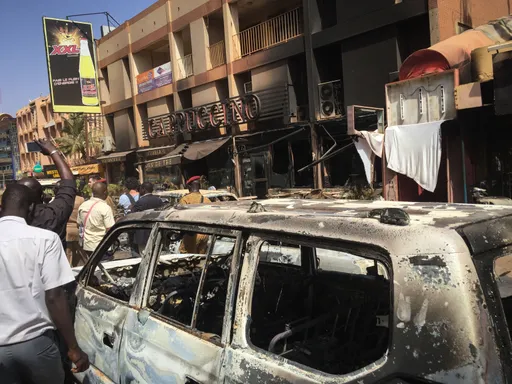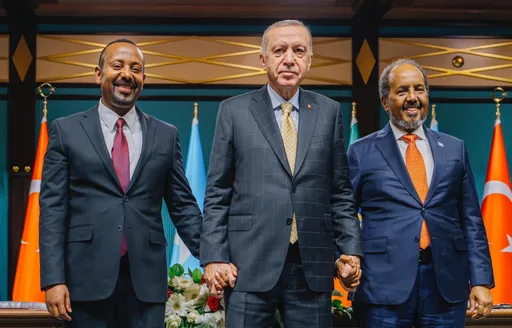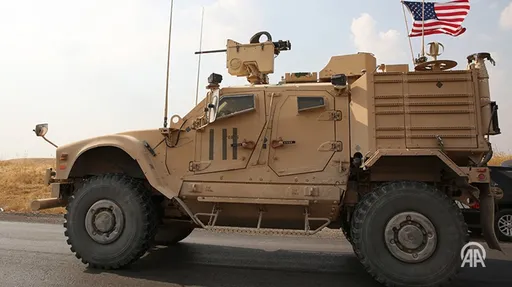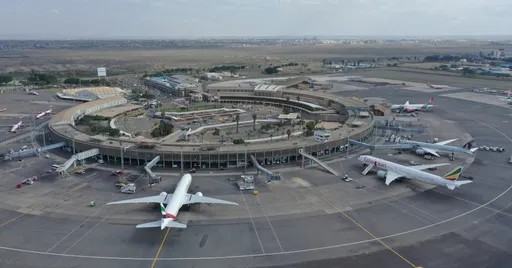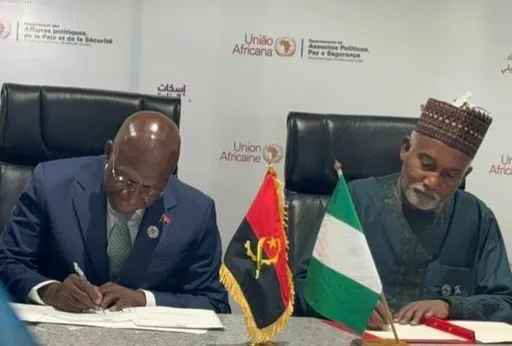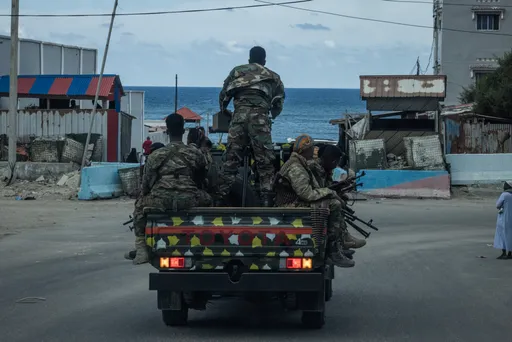Nigeria's labour unions strike has entered its second day on Tuesday, with several key sectors, including transport, education, banking and health care, severely affected.
The labour unions are demanding an increase of the country's minimum wage from 30,000 naira ($20) to 100,000 naira ($67).
The government has since proposed to double the minimum wage to at least 60,000 naira ($40) following a meeting with labour unions' officials on Monday.
Both parties have planned more meetings this week in efforts to hammer out a return-to-work deal.
Dozens left stranded
"No worker would be victimised as a result of the industrial action," a statement signed by both parties, including Nigeria's Labour Minister Nkeiruka Onyejeocha and union officials, said.
The labour unions in Nigeria have millions of members rendering services in the critical sectors.
On Monday, dozens of passengers were left stranded at airports due to disruption of local flights. The labour unions said international flights would be grounded as from Tuesday.
Nigeria's Punch newspaper reports that labour union staff members "locked the entrance to the domestic terminal of Lagos airport."
Labour unions vow a sustained strike
Consequently, airport officials told passengers that their flights would be rescheduled after the strike ends.
Hospitals were also seriously affected by the industrial action, with health care limited to emergency services only in major public facilities in the capital Abuja and other major towns.
Banking halls, schools, ports and government offices were also deserted due to the strike. Electricity distribution in the West African nation was also disrupted.
The labour unions have vowed not to end the strike until their grievance over minimum wage is addressed.
➤ Click here to follow our WhatsApp channel for more stories.














